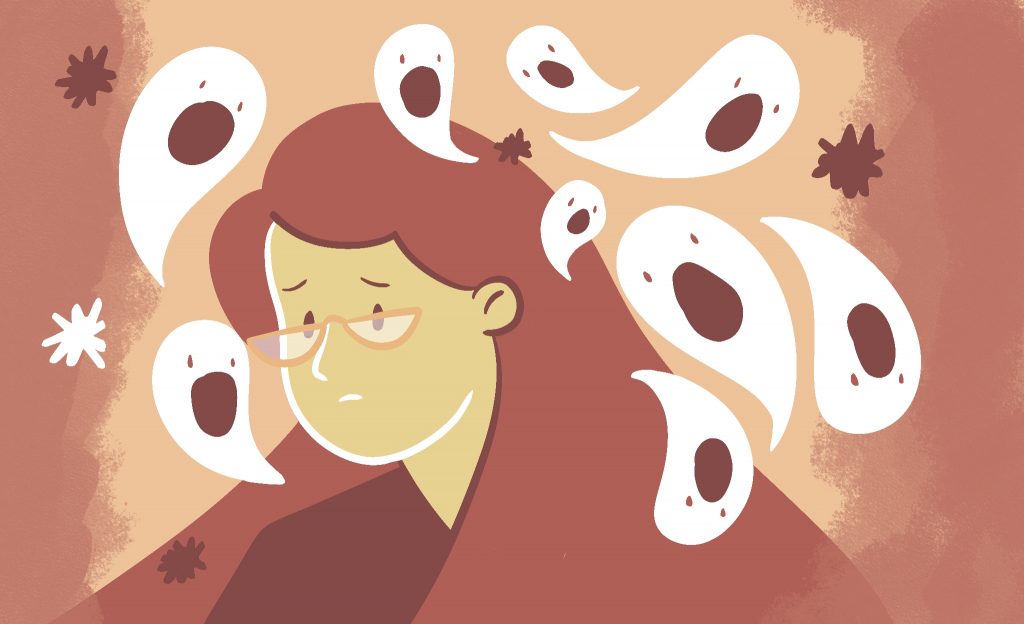
Expect that in new situations you will feel a rush of adrenaline. As a foundation doctor, your first clinical incident can be a challenging and stressful experience. However, there are several psychological strategies that can help you manage the situation effectively:
Deep breathing:
Taking deep breaths can help you to slow down your heart rate and calm your nerves. Take a few deep breaths in and out when you feel adrenaline rushing, focussing on the task at hand.
Positive self-talk:
Using positive self-talk can help you to manage your adrenaline and boost your confidence. Remind yourself of your skills and knowledge, and tell yourself that you can handle the situation.
Seek help:
Do not hesitate to ask for help from more experienced colleagues or senior doctors. They can provide guidance, support, and practical advice. If you are part of peer groups, you can also speak about it here and learn about ways others managed their first clinical incident.
Reflect and debrief:
Take some time to reflect on the incident and debrief with your colleagues, if needed. This can help you learn from the experience and improve your skills for future incidents.
Seek professional support:
If you are struggling to cope with the incident, consider seeking professional support such as counsellor or therapy.
Remember, clinical incidents are a part of the learning process, and it is important to approach them with a growth mindset. With practice and experience, you will become more confident and competent in managing these situations.